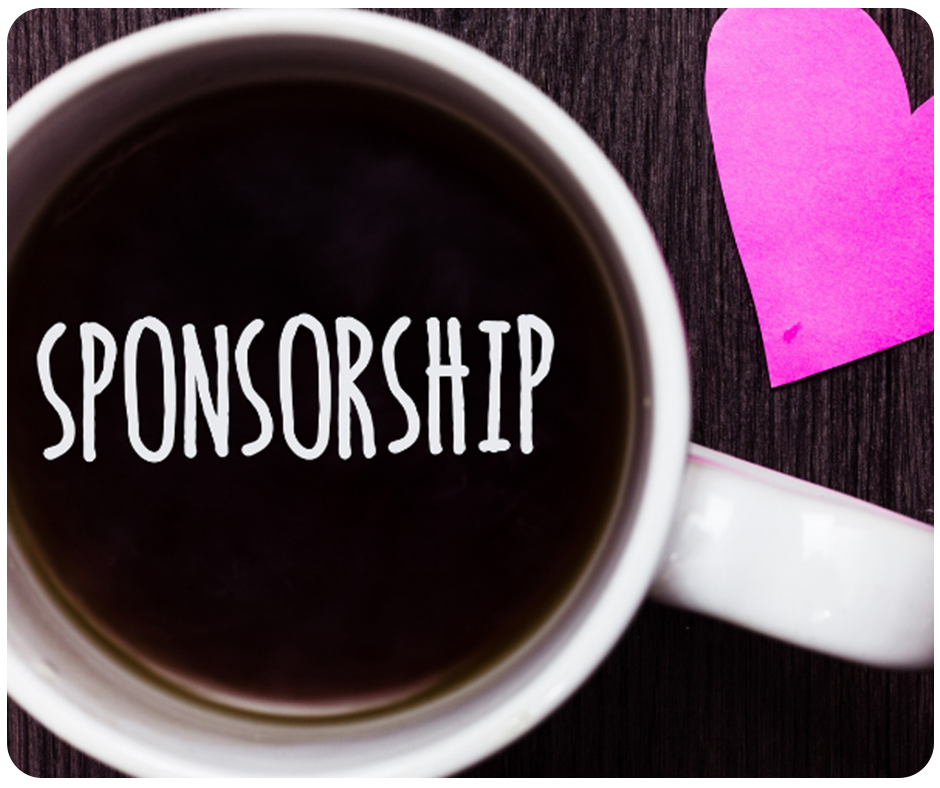A “receipt” refers to any document issued by the Foundation to confirm that it received something from another party.
A “charitable receipt” is for income tax purposes and allows donors to reduce their income tax. “Gift confirmations” are issued by the Foundation to donors to confirm a gift where a “charitable receipt” is not warranted.
Charitable tax receipts from the Foundation will gladly be issued for qualified gifts of $20 or more.
Below are some of the common questions about tax receipts:
Yes, any individual donations with no benefit to the donor, (i.e. no strings attached), are eligible for a tax receipt. This can be in the form of cash, credit card (Visa, MasterCard, AMEX), cheque or money order. Cheques should be made payable to the Timmins and District Hospital Foundation.
Yes, any corporate donations with no benefit to the corporation, (i.e. no strings attached), is eligible for a tax receipt as with individual donations (above). However, it may be more beneficial for the corporation to sponsor the event, cause, etc. See below.
No, sponsorships are not eligible for a tax receipt as they are viewed as a business agreement in which the Company or Organization is getting some commercial benefit in return, such as publicity, signage, etc. This benefit usually takes the form of using their logo on signage or in advertising. The Foundation will provide a letter and unofficial receipt acknowledging the receipt of the payment to the sponsor. In this type of business agreement, the business usually uses funds from a marketing or sponsorship budget, not a philanthropic budget. For those seeking sponsorship from companies or organizations, there is often a greater tax advantage for a business to claim their contribution as a business expense write‐off than a charitable donation.
What about non‐cash or in‐kind donations where the donor wants a tax receipt for their donated item?
Non‐cash or in‐kind donations will only be eligible for a tax receipt if the donation involves the transfer of a physical object (for example, a silent or live auction item) from the donor to the organization. The request for a tax receipt must be accompanied by documentation which officially indicates the fair market value of the item (for example, a store purchase receipt). Where a store receipt is not possible and the value of the in‐ kind donation is over $1,000, an independent appraisal and supporting documentation of the in‐kind donation must be provided. Gift certificates issued directly by the company are not eligible for a tax receipt. An individual purchasing a gift certificate is eligible for a tax receipt with proof of purchase.
If a guest purchases tickets to attend a charity dinner, the receipt amount is equal to the total amount less the value received by the guest. The remaining part is considered a donation for which a charitable receipt will be issued, and then Canada Revenue Agency (CRA) requires that the value of the tax receipt must be exclusive of all benefits received by the donor. All costs including, but not limited to, such things as golf fees; cart fees; cocktails or wine expenses; dinner expenses; DJ expenses; and entertainment expenses; and gifts given to guests must be calculated into the cost of the event. The cost per ticket is determined when the total cost is divided by the number participants expected. The estimated number of participants should be supported by past‐experience or by reasonable predictions.
The donation of services and provision of an in‐kind tax receipt for the value of the services requires the strict adherence to the following process: Under CRA regulations tax receipts cannot be issued for services. The donor performing the services must invoice for the service. They then have the option of donating funds back. As with any donation a tax receipt will then be issued to the business.
People or businesses who purchase silent or live auction items, tickets, merchandise, etc., at fundraising events are not eligible for tax receipts as the purchaser is receiving something in return for their money. However, if the purchaser pays more for an item than its actual retail value, the difference is eligible for a charitable tax receipt.
An individual or corporate donor can select to support high priority needs of the Timmins and District Hospital, a program area or give to a capital project. For more information about our funds, please contact the Foundation directly.
For more information contact:
Timmins and District Hospital Foundation
705-360-6039
[email protected]

